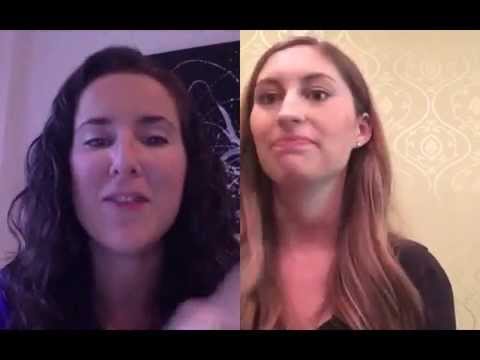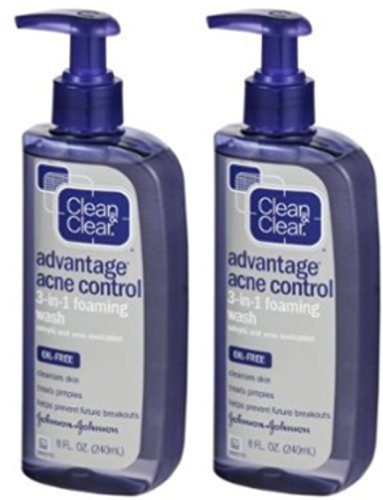Acne Vulgaries
Acne vulgaries is a skin disease and found in men and women equally. Acne includes whiteheads, blackheads, zits, pimples, outbreaks of lesions and deeper lumps. It appears on face, shoulders, back, upper arms and chest.
Types of acne vulgaries
Inflammatory
- Pustules
- Cysts papules
- Scars
Non-inflammatory
- Blackheads
- Whiteheads
Secondary lesions
- Scratched spots
- Pigmented macules
- Erythematous macules
- Scars
- Nodules
Causes of acne vulgaris
Levels of hormones increase and skin glands produce more oil during puberty. These oils help to keep the skin moist. When oil mixes with dead skin cells, acne vulgaris gets start. The mixture becomes infected with bacteria and result is redness, pus-acne and swelling. Sometimes, it can be developed by specific medications. In some cases, hormones pass by mother to newborn baby, and baby gets acne.
Symptoms of acne vulgaris
It can be associated mild to severe. Mild acne may cause blackheads and whiteheads, but severe acne may cause various pimples on the skin. These lesions can leave scars after the treatment and this acne are painful. Acne can lead to depression and low self-esteem.
Diagnosis
Physical examination will be performed by the doctor to diagnose the acne vulgaris. Health care provider will ask some questions about medical history from patients to determine the type of acne. There is no need of any special tests to diagnose acne.
Treatment
The types of treatment depend on form of acne such as mild, moderate or severe. Treatment can include gels or specific lotions to remove the acne from the skin. Sometimes, oral medications or topical medications are prescribed by the doctor.
Mild acne
The treatment for mild acne such as blackheads, pimples or whiteheads may include benzoyl peroxide such as Benzac, Clearsil or Benoxyl or salicylic acid such as Stri-Dex, Clearsil or Propa pH or gentle cleansing with a mild soap such as Neutrogena or Dove.
Sometimes, topical lotions containing antibiotics or another medication for killing bacteria will be prescribed by the doctor to get better result.
Moderate to severe acne
Combinations of medications or therapies will be needed to treat acne vulgaris. Oral antibiotics can be given by the doctor to begin the healing process. There is a need a combination of various therapies for inflammatory acne. Treatment may include:
- Draining of cysts and pimples by a trained health professional.
- Applying prescription retinoids.
- Taking prescription oral retinoids.
- Applying benzoyl peroxide.
- Laser treatment.
- High-intensity light wave therapy.
- Applying azelaic acid.
Home treatment
Wash the affected skin twice a day.
Do not squeeze acne and touch it.
Avoid products such as cold creams, lip glosses, milky cleansers, that contain oils.
Use always nonprescription medicated soaps, gels, creams and lotions to remove the acne.
Use only water-based skin care products.
Nonprescription products include the following to treat acne:
- Benzoyl peroxide
- Salicylic acid
- Alpha-hydroxy acid
- Tea tree oil
Prevention
- Avoid heavy sweating.
- Wash the face regularly with mild soap and water.
- Avoid hair care products such as mousses, gels and cream.
- Avoid touching the affected skin.
- Avoid exposure to harsh chemicals and oils.
- Avoid excessive exposure to sun rays.
Acne Vulgaries by Fred Martimes




